Finding Balance: An Interview with Kristy Raggio
May 14, 2019
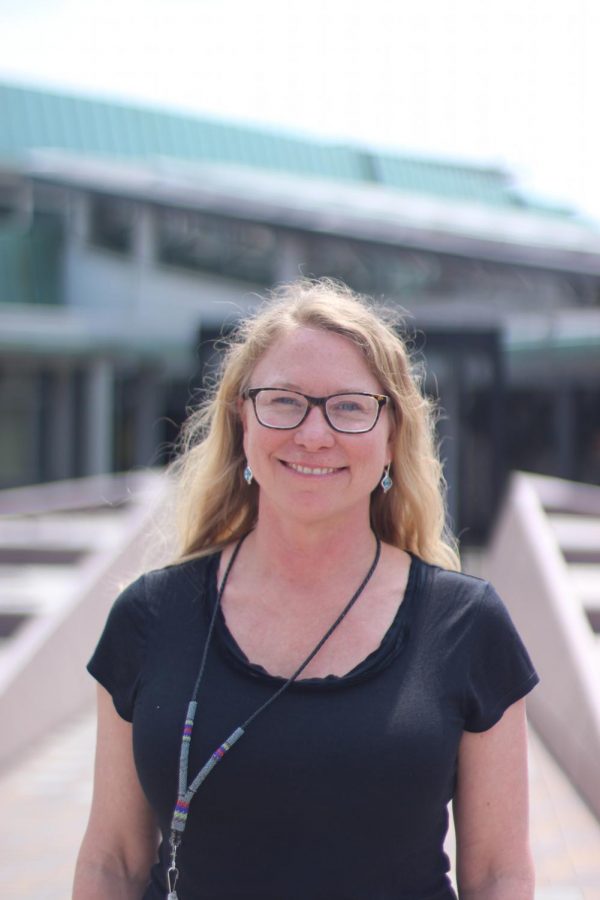
At one point or another, we have all struggled with balancing what we personally want to do and what we have to do for school. This balance between school work and personal interests is never an easy one to find, and with AP season and finals upon us, it’s just going to get harder. Kristy Raggio, a high school counselor at ASIJ, shares her tips on how to strike a healthy balance year round.
Interview content edited for brevity.
What does having that balance between school and personal interest look like for you?
It means being satisfied with performance in school but also feeling like you have the energy and the opportunity to do those things that are really exciting. I think ideally there’s overlaps and connections between the two, that it isn’t just school being the chore. Hopefully school is connecting to and overlapping at least in some areas of personal interest.
How do you think individuals can find that overlap and can go past the stressful aspect of school to remember the fun parts of it?
I think course selection is really important. Taking the class that’s most interesting, when at all possible, as opposed to the class that maybe feels like, “Oh I should do this.” For example, I sometimes see students dropping an art class in order to take more classes perceived as “academic.” Actually, pursuing and following your art, not only is it really fulfilling, it’s illustrative of the person you are and what you value. That’s meaningful.
What role would you say time management has to play in being able to do the two?
The person who manages their time well is often one of the least stressed out students on campus. It ends up being not the academics that are so hard but managing the time. Time management is critical. I don’t know the best way to teach it. How we might do that better is, I think, a really important question for us to be asking ourselves as a school and as educators.
Being able to find that balance is really unique to each individual, but if you had a couple first steps, what would you suggest?
I more commonly see students when it gets out of balance. One of the first questions I try to get in there is, are you sleeping enough, are you exercising, are you eating well? If those things are happening, it often provides the resiliency that people need to manage the ups and downs that school, and ultimately work, have. It’s just natural that at points you’re more busy than others but if you can maintain the big picture of your health, that really helps.
I think it’s the Benedectine monks that do four hours of work a day, four hours of relaxation, and then, being monks, four hours of prayer a day. That idea that parts of your life need to be in balance I really like. I think it’s worth looking at, how we are distributing our time to make sure that all the things that are important to us get some attention.
Having a support system is also essential. Things are always going to get out of whack. We need help getting our perspective back, and somebody’s outside opinion can really be helpful for that. Somebody to remind you, it’s just a math test, nobody’s going to care about it in twelve years, or five years.
What would you say to students who are fearful of how the choices they make now will impact their future?
You used the word “fear.” I think that’s really important to be in touch with. I do think that there’s fear associated with this. I hate for decisions to be made out of fear. We have to try to understand what the fear and anxiety is coming from and to really evaluate it; is it a fear that makes sense and we need to take precautions against? Or is it an irrational fear, which we all have many times a day? [We must learn] how to evaluate our fears, knowing when we need to respond and when we need to use whatever self-reassuring techniques we have and remind ourselves that they’re just irrational fears.
It seems to me that often people are not in touch with actually what they want. So they’re going after a particular university, for example, because they’ve heard of it, because other people are talking about it, because it has some status within our community, as opposed to being in touch with their own desires. I think that there’s a bigger fear that keeps us from being in touch with our own wants and needs and desires. That is what I would encourage any student to work hard to get in touch with.
When you’re in touch with what you want, you have the power to work towards it. There’s a quote from, who is it, maybe Martin Luther King or Gandhi, some incredibly inspiring person of change in the 20th century who said that what humans fear most is their own greatness. I think there’s truth in that. Knowing what’s inside yourself is sometimes really scary. But when you know what’s inside yourself, you’re able to know what you value, why you value it and how to hang on to it.

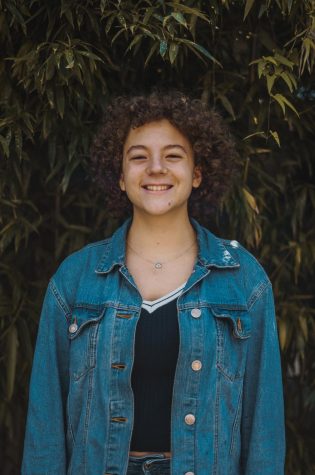



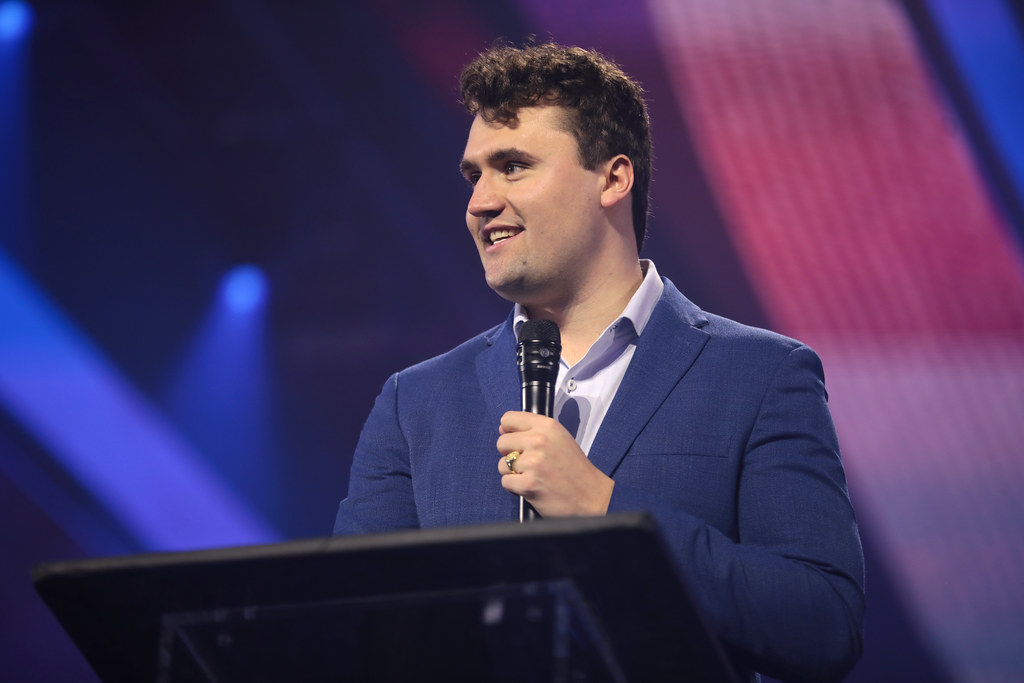
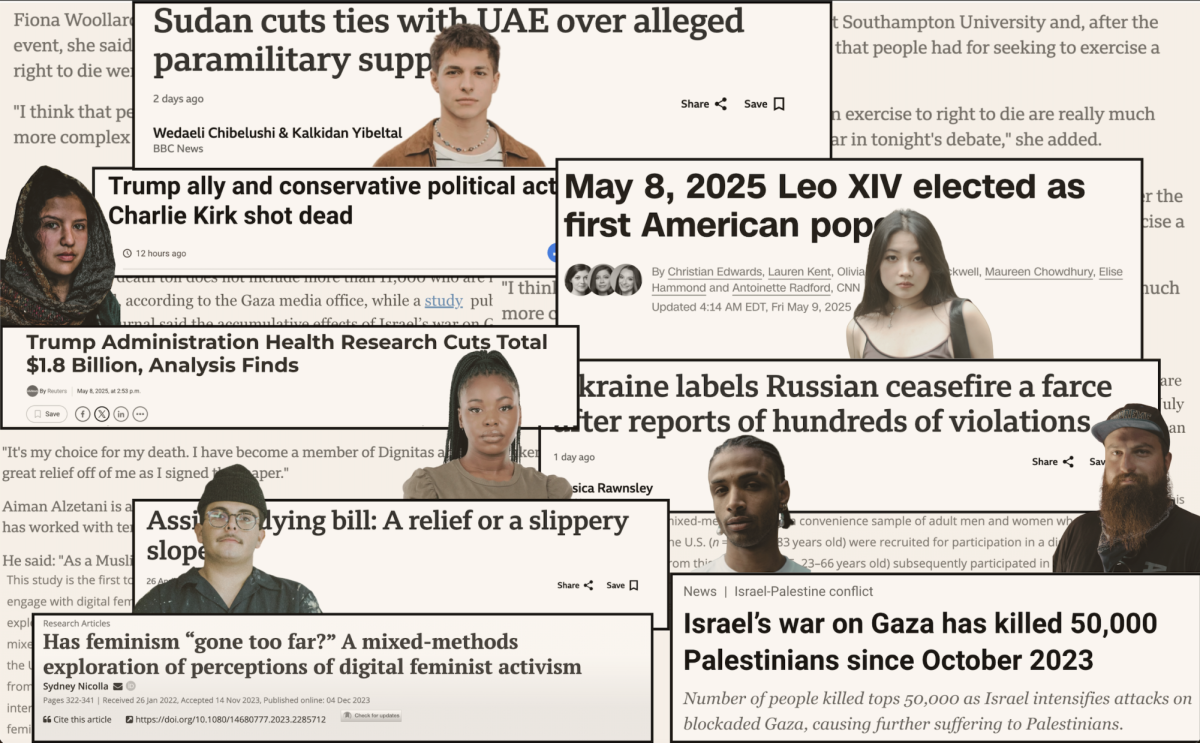
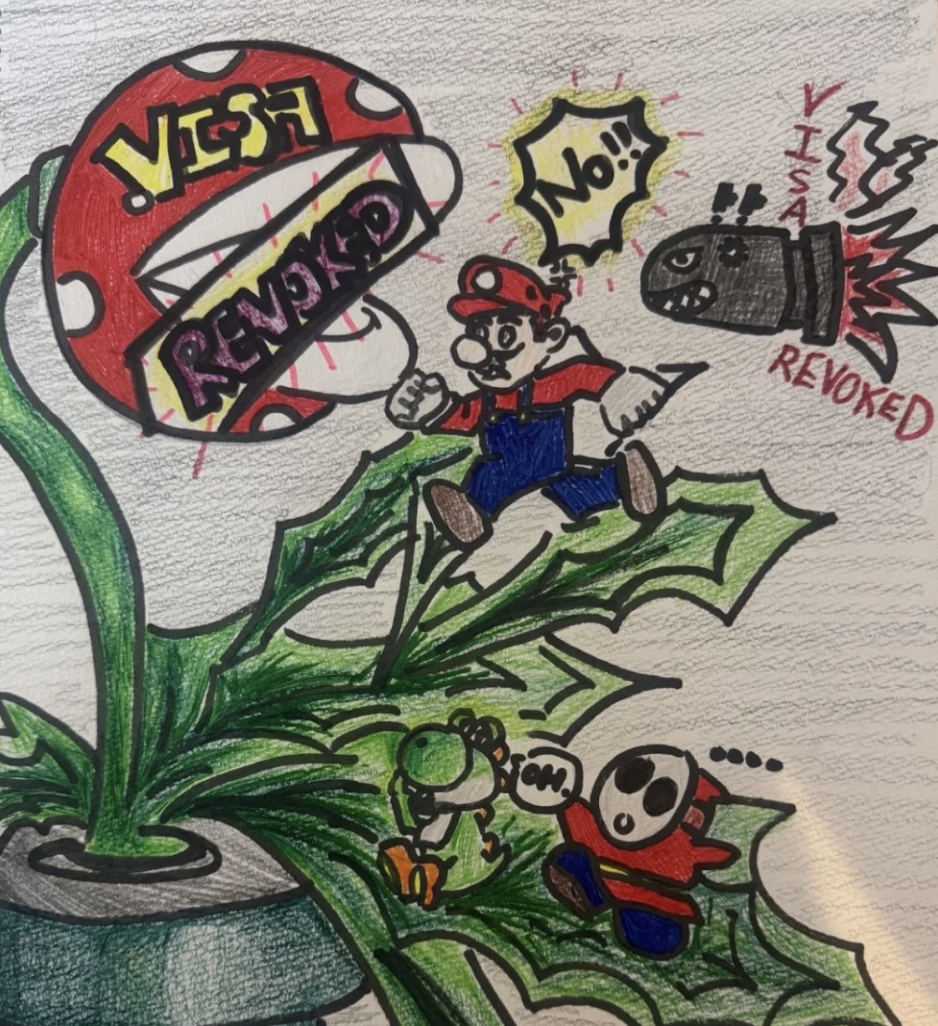








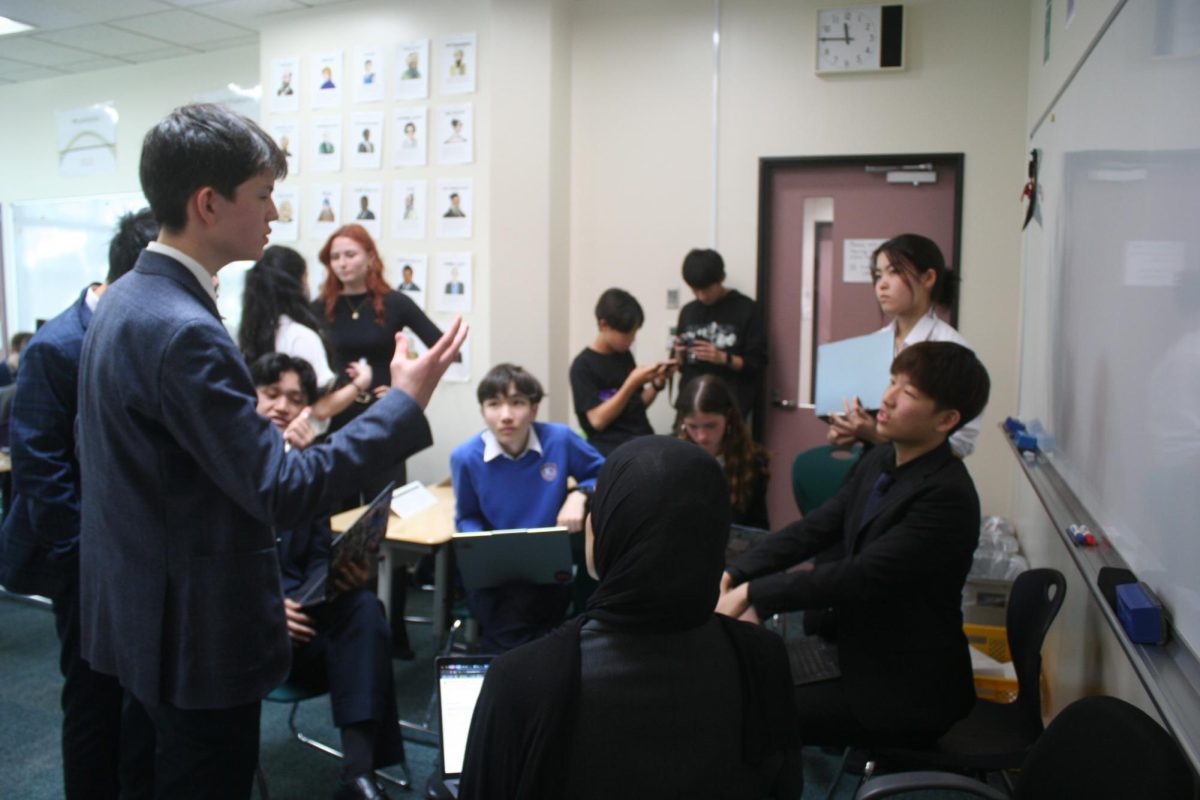


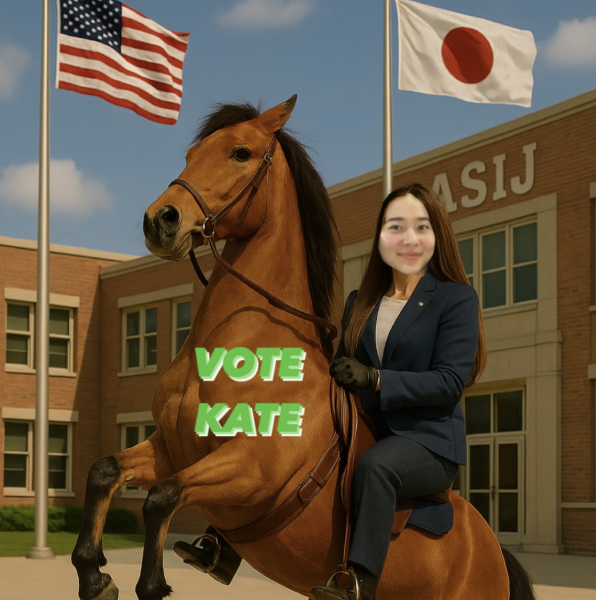
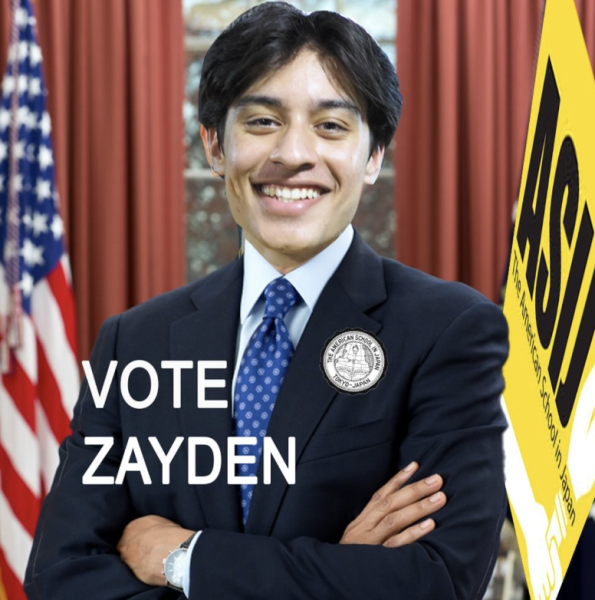
Anna • Jun 1, 2023 at 2:53 PM
I found this article very relatable. I found that this made me think of my own daily life and how much balance I have. I think mentioning the monks really makes me realize how some people are so dedicated to their well-being. It makes me wonder how people’s lives are impacted positively by creating balance.